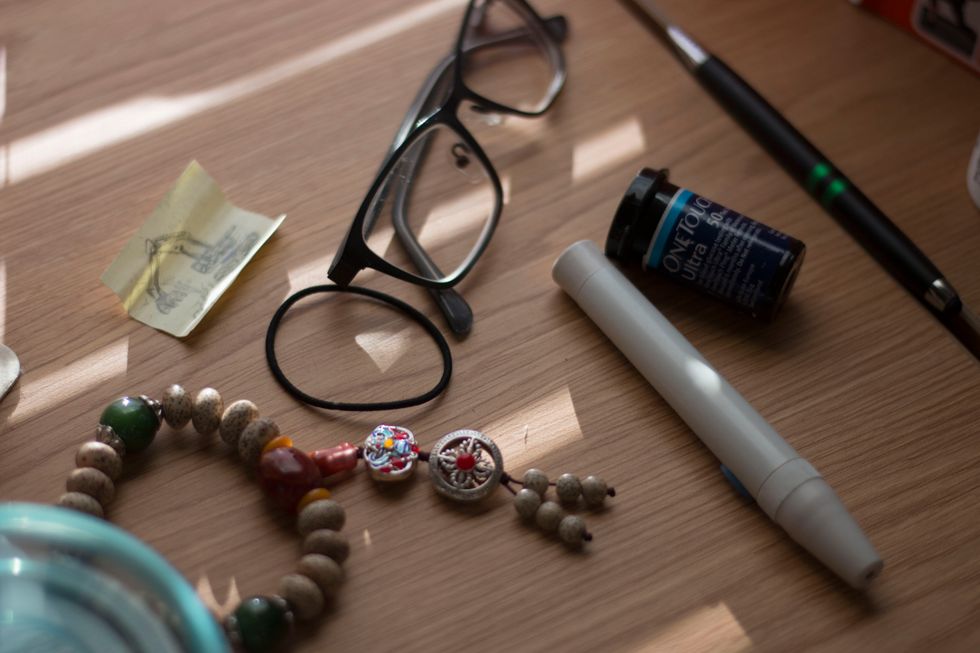I remember it like it was yesterday. 9 years old, confused as to why I was losing so much weight, and why I was so thirsty at all times of the day. Being told I would now and for the rest of my life, have to take insulin injections, along with finger pricks and attending countless doctors appointments.
Type 1 Diabetes – also known as Juvenile Diabetes - is a disease that occurs when the pancreas fails to deliver the hormone called insulin. This hormone, used to break down food for energy, while maintaining and regulating blood glucose levels, is the way the body breaks down and consumes food. The lack of insulin in the body leads to more glucose in the bloodstream and urine, furthering the need for man-made insulin taken only through injection in order to stay alive.
I was just shy of my 10th birthday, seated alongside my parents, their comfort and support pushing me through one of the most challenging and life-altering times of my life. But what happens when life begins to alter once more? When the time comes for one to leave the comfort of their homes and support systems, so they can further the rest of their life?
Entering college as a first-year, 18-year-old student is one of the scariest and thrilling moments of life. Yet, this challenging change was also a growing time for another reason entirely. Being the wide-eyed, incoming freshman, with a chronic illness was a navigating time in my life, as well. One I wouldn't change, for it forced me to learn and adapt in ways I could have never imagined.
As a person who has gone through such a transition, I offer the following advice:
1. Try and establish a schedule.
By attempting to schedule in times to test your blood glucose, you won’t be running out the door, late to class, unsure of where your numbers stand and if you need any supplies while you are away from your dorm.
2. Tell your RA, newly made friends/roommate(s) and your professors.
Trust me, they want to know this about you. Your roommates and friends are as eager as you are to bond over shows like Grey’s Anatomy and Game of Thrones and clubs you were involved in throughout high school. By letting them know one of the most personal and complicated details about your personal life, you are not only forming unique bonds, but insuring someone is aware in case of an emergency.
3. Find a way to receive your monthly subscriptions and supplies.
For those times you are too busy to realize you are running low on test strips or needles for your insulin pen, knowing that you have a secure way to quickly gather your needed supplies is extremely important. Since you are no longer living with a parent or guardian who is constantly looking out for your needs, by establishing a strategy thus allows for your safety and peace of mind.
4. Reach out to your health center for any additional support or support groups.
As an incoming first year, you are as excited as you are nervous – and that’s OK! Just realize that there are thousands of other students just like you, and those who are Type 1 might also enjoy the comfort of a fellow diabetic. By reaching out to your Health Center for support, you open the door for finding diabetic support groups and others to lean on.
5. Enjoy your newly found freedom!
You’re finally on your own – enjoy it! And realize that the newfound freedom comes with responsibility, but also the chance to grow and become who you want to be. The next four years will be one of the greatest experiences of your life – pushing you to strengths you never knew you had, just like when you were first diagnosed.



















